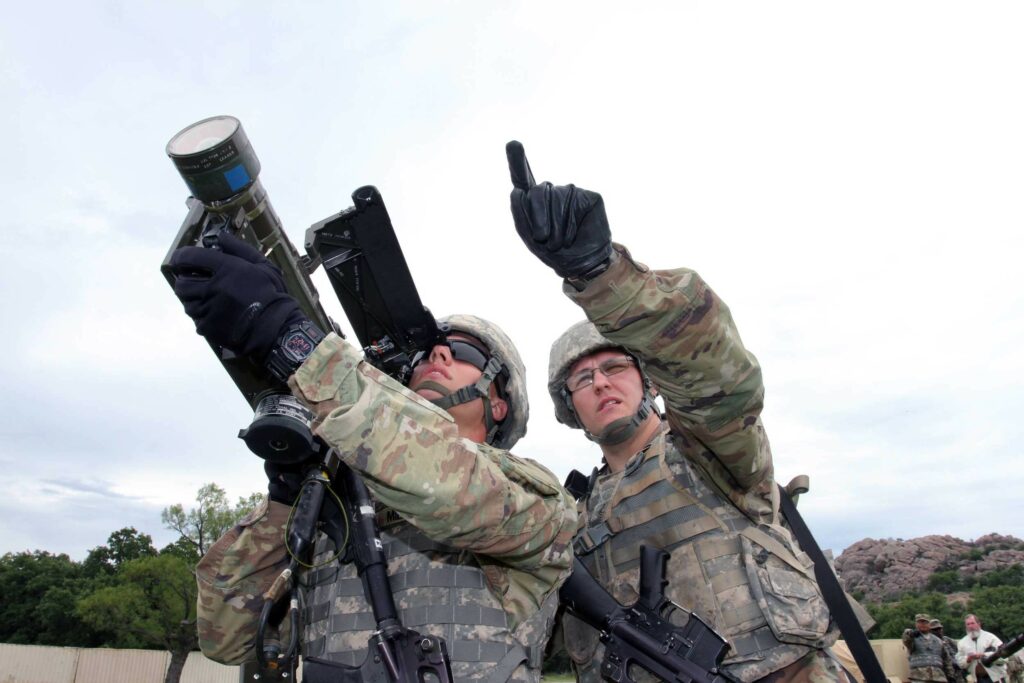Raytheon Technologies will not be able to accelerate the production of Stinger anti-aircraft missiles before 2023 due to a lack of available parts, the defense company’s chief warned on Tuesday.
Western countries have been sending Ukraine thousands of the surface-to-air missiles and their shoulder-mounted launchers, which are effective against helicopters and low-flying planes. Washington has promised 1,400.
But stocks have dwindled and replenishing them will take time.
Raytheon had stopped manufacturing the missile prior to a $340 million order placed last summer by the Pentagon on behalf of an international client.
The defense contractor is in the process of restarting the production line, “But we have a very limited stock of material for Stinger production,” CEO Greg Hayes said during a call with analysts.
The manufacturer has been working with the US Defense Department on the issue but “unfortunately, DoD hasn’t bought a Stinger in about 18 years, and some of the components are no longer commercially available,” he said.
As a result, Raytheon will have to redesign some of the electronics.
The company will “ramp up production” as much as possible this year, but it likely will be 2023 or 2024 before “we actually see orders come in for the larger replenishments, both on Stinger as well as on Javelin, which has also been very successful in theater,” Hayes said.
The Javelin is produced by a joint venture of Lockheed Martin and Raytheon.
Raytheon lowered its sales forecast for the year because of the sanctions against Russia, which prevent it from selling new products or from providing maintenance services there.
The quarterly results include a charge of around $300 million on its commercial aviation divisions.
But Raytheon expects to see its sales of defense systems increase as countries raise their military budgets and replenish the stockpiles of weapons they have sent to Ukraine “over the next couple of years,” he said.




